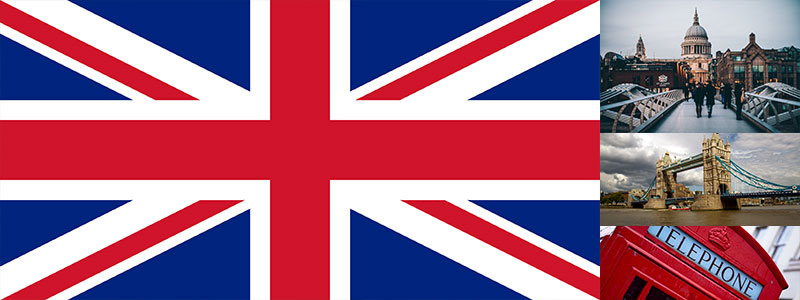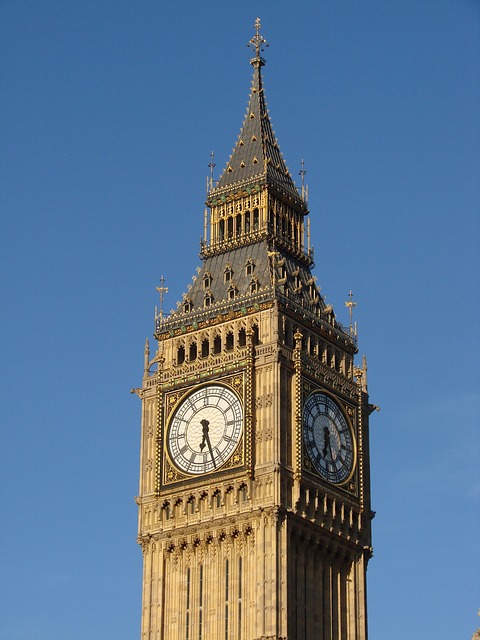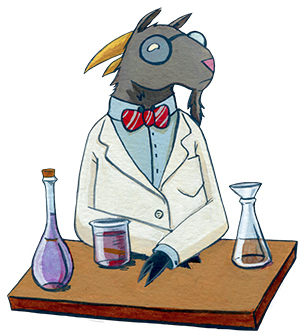British Political Philosophy
From Londonhua WIKI
Revision as of 14:29, 24 May 2017 by Ekmceachern (talk | contribs)
A Comparison of British Political Philosophy Over Time
 Your Project Page Picture Caption |
Contents
Abstract
The goal of this project is to write a comparison of British Political Philosophy from its beginnings, the Enlightenment period, to contemporary times and attempt to explain why it has changed over time. Most people have different opinions on Politics and political philosophy due to its controversial nature. In my opinion it is very important to understand the reasons behind people's opinions in order to be able to make an informed decision about ones own political views. At WPI I have taken 2 history courses and 1 philosophy course, HI 1332, HI 2332, and PY 1731. I have never done a philosophy project like this before on my own so it should be an interesting and challenging experience.
Introduction
I suggest you save this section for last. Describe the essence of this project. Cover what the project is and who cares in the first two sentences. Then cover what others have done like it, how your project is different. Discuss the extent to which your strategy for completing this project was new to you, or an extension of previous HUA experiences.
As you continue to think about your project milestones, reread the "Goals" narrative on defining project milestones from the HU2900 syllabus. Remember: the idea is to have equip your milestone with a really solid background and then some sort of "thing that you do". You'll need to add in some narrative to describe why you did the "thing that you did", which you'd probably want to do anyway. You can make it easy for your advisors to give you a high grade by ensuring that your project milestone work reflects careful, considerate, and comprehensive thought and effort in terms of your background review, and insightful, cumulative, and methodical approaches toward the creative components of your project milestone deliverables.
Section 1: Background
Some very important British Philosophers are outlined below. I have included information regarding their political theory but also other ideas unrelated to politics in order to give more insight to their beliefs and works.
John Locke
Political Theory
One of John Locke's most famous writings is his work, Two Treatises of Government, which is considered to have played a major role in the formation of modern democracy and the Constitution of the United States. Within the first sentence of the introduction, Locke had already taken a stand on slavery, calling it "vile and miserable an estate of man, and so directly opposite to the generous temper and courage of our nation" (Locke, 6). In the first part of his book Locke criticizes Sir Robert Filmer's work Partiarcha by saying that Filmer implies all men are slaves to a divine king. According to Locke, Filmer's system is "That all government is absolute Monarchy" (Locke, 6), and the grounds for Filmer's argument are that no man is born a free man, which Locke argues to mean that all men are slaves. Locke uses the First Treatise to refute Filmer's argument, which Locke says that he cannot support because he believes in reason and that every man has the right to govern himself according to God's law.
Chapter VII of the second treatise in Locke's book, summarizes his beliefs regarding Political or Civil Societies. He writes "Those who are united into one body, and have a common established law and judicature to appeal to...are in a civil society one with another" (Locke, 97). This means that to have a civil society there must be a commonly accepted law within a group of people, and if no common law is present people are considered to be in just a state of nature. In the end he comes to the conclusion that three things are necessary to be considered a civil society: a common established law, a body that is impartial that will give judgement, and power of the people to support the judgements of the body. In this section of the book he also argues that absolute monarchy is inconsistent with the definition of civil society.
Chapter VIII deals with the beginnings of political societies. Locke states that once a community is formed, "the body should move that way whither the greater force carries it, which is the consent of the majority" (Locke, 100). This means that the best, and necessary, way to govern a community is through a majority ruling. It is impossible to remain as one body and community without a majority rule, according to Locke. Under one government, each person has a responsibility to submit to whatever decision has been made by the majority of the group, even if they disagree with the decision.
Other Beliefs
In Locke's work Two Treatises of Man he includes some of his beliefs about man to lay the foundation for his own political theories. He believes that men are born in "a state of perfect freedom" (Locke, 72) and that people can do what they believe is right with themselves and their possessions. He believes that men are born equal by nature and not a single man is automatically given power over another man. He also writes that the total freedom of man does not include the "liberty to destroy himself, or so much as any creature in his possession" (Locke, 73). Locke also believes that everyone has the right and responsibility to punish any violator of the "law of nature" (Locke, 73). He also questions the rights of royalty to put to death or punish criminals who commit a crime in their country but are not from their country, which to many people at this times is a strange and new idea.
John Locke disagreed with the concept of full paternal power. He believed that power over children should be shared equally between the two parents and not all on the father, he calls this concept parental power rather than paternal power. He also says this power is a temporary jurisdiction over children that they grow out of when they become adults. Locke writes that age brings both freedom and rationality.
Thomas Hobbes
Political Theory
Other Theories
Bertrand Russell
Political Theory
Other Theories
G.A. Cohen
Political Theory
Other Theories
Section 2: Deliverable
The Enlightenment vs. The Contemporary Period
Gallery
Conclusion
In this section, provide a summary or recap of your work, as well as potential areas of further inquiry (for yourself, future students, or other researchers).
References
- Locke, J., & Locke, J. (2005). Two treatises of government ; and, A letter concerning toleration. Stilwell, KS: Digireads.com Pub.
Image Gallery
If appropriate, add an image gallery


